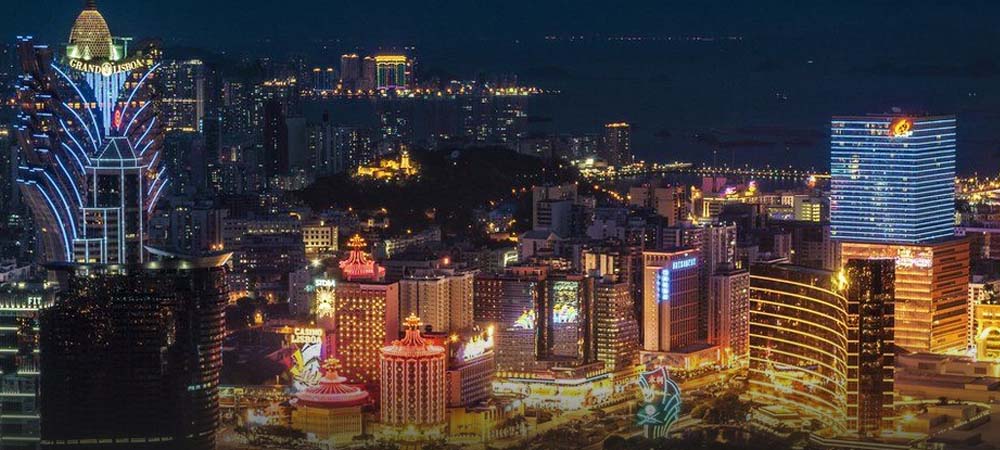- Macau introduced new casino regulations, but they are not as onerous as expected.
- However, China’s COVID policy could still be negatively influencing Macau’s industry.
- The industry currently sees less than half of the revenue it did pre-pandemic.
MACAU - Macau’s casinos are looking like they’ll dodge what could have been potentially serious regulatory crackdowns in the wake of the Alvin Chau junket tourism scandal.
On January 14, Macau unveiled new rules for casinos, but they were much less harsh than expected. There will be six licenses available for casinos, and each license will last 10 years instead of 20, but those are the major restrictions, and not anything more onerous.
This news has sent stocks soaring for casinos that operate in Macau, as there was serious worry that the Chau scandal would carry repercussions for the entire industry. However, Macau’s gambling industry has not recovered from the COVID-19 pandemic in any real sense - they’re still below half of pre-pandemic revenue.
The Effect Of China's COVID Policy
Much of this is due to the way in which China is handling COVID - effectively and seriously, albeit harshly.
China is pursuing a policy of zero COVID, with drastic government interventions. To their credit, they seem to have seen benefits from this in terms of COVID cases and deaths - on Thursday, they saw 73 new COVID cases while the US saw more than 700,000.
Whether or not these numbers are reliable - which many will argue- is up for debate, but what is not is that China is taking a much harsher line on COVID than the US.
Jacky Wong of the Wall Street Journal reports that “Macau will depend more on leisure travelers and casual gamblers from the north in the future” due to the crackdowns on junket tourism in the wake of the Chau scandal.
Junket Money Could Be Made Back With Lowered COVID Restrictions
Junket tourism was at the center of the Chau scandal, and was a way for high-roller clients to access Macau’s casinos.
These high rollers obviously contributed more money per person to the industry’s coffers than an average tourist, and their loss means that the industry could need more average joe consumers in the market. However, those average joe consumers will find it difficult to get into the semi-autonomous region because of the way in which China is dealing with COVID.
This creates a catch-22 of sorts - China seems demonstrably unwilling to reduce COVID restrictions, and Macau’s casinos may need that reduction to sustain positive momentum in the absence of junket tourism capital inflows.
It should also be noted that even with the allegations of fudged COVID numbers, it seems as though China’s COVID policy has been effective if relatively draconian compared to the US.
They are unlikely to give up something that seems to be working in order to help a casino industry thrive. It remains to be seen how online gambling markets will be affected by these policies.
